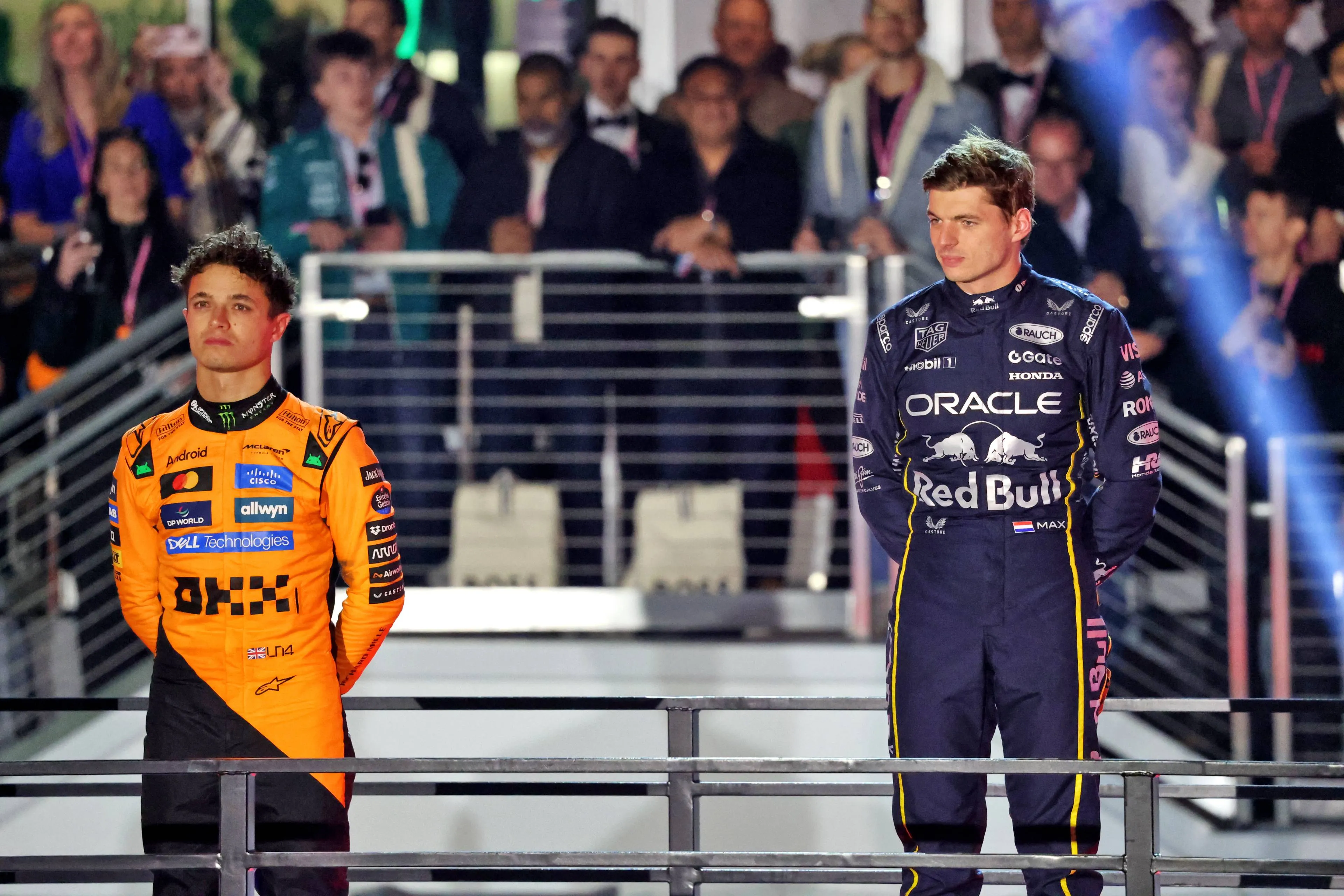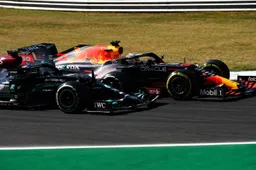With recent comments made from F1 CEO Stefano Domenicali on the potential growth of the F1 calendar to 30 races, many have been left to question as to how this could benefit the sport in the long term. We take a deeper look into the positives & negatives and layout the potential path for Formula One to follow.
The positives
The most obvious one is that F1 will further solidify itself as the main motorsport. While other championships have fewer race weekends, F1 will be operating on an almost consistent basis, with events week in, week out. This will attract sponsors and branding deals, not only to F1 itself but also the teams, as wider audiences around the world will be regularly exposed to the sport. It will allow F1 to grow more, with a wider amount of digital content to entertain both the seasoned and the new viewers.
Nations across the world will also benefit from more tourism. Members of the F1 paddock, hardcore F1 followers and fans from around the area get to congregate in zones around the circuit. This boosts the small businesses in the area, increases foot traffic and opens the door to potential returning tourists for leisure. Thus, it acts as an overall plus for the local government and economic improvement of people within that geographical area.
It also provides people with more jobs. As efforts must go into organising, constructing, logistics management and guides to the venue, the overall number of people benefitting from the employment opportunity will increase. In relation to this, F1 also may have the ability to increase wealth in certain locations. By requesting a more inclusive employee base in regions which they visit, F1 can generate a positive effect on both income and social inequality in more impoverished regions.
The negatives
The exhaustion of both teams and drivers is well and truly on the cards if this occurs. Teams have to remain lightweight due to travelling constraints and budgeting restrictions. The lack of downtime could cause long term fatigue, boosting the staff turnover rates within the teams. Drivers themselves could suffer from a more severe form of exhaustion. High g-force loads on the body, elevated heart rates and frequent gains and losses of body mass due to the racing events could lead to disbalances and sickness for the drivers. One only needs to remember that around two years ago, Sergio Perez reported that he was feeling ill and dizzy around the Hungarian Grand Prix, as the weekly 100+ laps of different circuits began to make an effect on his wellbeing.
F1 could also face a major headache in organising the Grands Prix themselves. While trying to devise a more carbon-friendly method to ship parts from race to race, F1 has carefully crafted their calendar for this season. If the race calendar balloons, then there is a much higher need to ship them from venue to venue, causing logistical difficulty as well as a greater expenditure of resources.
For the future of F1 as well, it could cheapen the brand image. With a high frequency of race weekends, the events may be seen as less rare and therefore not as special. As historically prestigious motorsport, F1 must avoid this at all costs, to help ensure that the sport remains an exciting spectacle and not a weekly rolling.
What F1 must do
It will take long negotiation and discussion with all stakeholders to organise the races. Teams must be consulted to understand their own constraints, while external sponsors and business partners must put across their own demands. F1 remains a broker between the two and must therefore find the necessary balance. While races in Las Vegas & Africa seem to be on the cards, which will help build brand recognition in both regions, we are yet to see if F1 will make moves to expand further from it.
By cultivating the right amount of exciting venues and balancing that with the actual human ability in reaching and setting up the events, F1 can find the comfort zone to exist in. While F1 can organise a 30 race long calendar, it doesn’t mean that F1 necessarily should.
Read more about:
Popular on GPBlog

1
Mercedes star handed double penalty in off-season racing outing
2004 times read

2
Bad news for Bottas as F1 comeback undermined by early setback
753 times read

3
FIA already warned F1 teams seeking to exploit loopholes in 2026 rules
547 times read

4
Leclerc signals uncertainty as Ferrari braces for 2026 upheaval
458 times read
Loading












